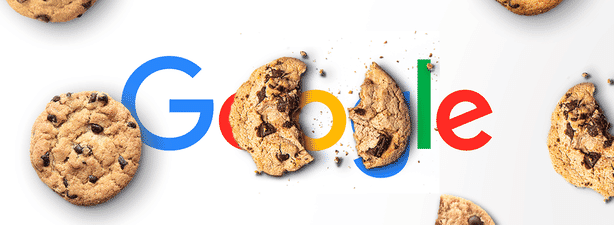
Cookies are small text files that can be stored in a user’s Internet browser via the website. Here, a text program is stored, which can be retrieved at a later time. This text program stores individual user data, collects personal data and stores, for example, login data, surfing behavior and settings as well as actions in web applications or on websites.
Types of cookies
Cookies can be divided into two categories: First-party and third-party cookies. First-party cookies are set by the website and can only be read by that website. Third-party cookies are set by a domain other than the one being accessed and can be read by any website that uses that third-party’s services.
Why are cookies used?
Cookies make it possible to provide users with a better browsing experience by understanding where users’ interests lie and storing preferences. Cookies also help webmasters keep the website secure and prevent fraud, among other things. Finally, cookies provide valuable insights into how the website is used so that the user experience can be further improved.
In short, a website uses the cookie to recognize who is visiting the website at the current time and can use it to adapt the website to the user’s needs to a certain extent.
Thematically relevant sub-pages:


